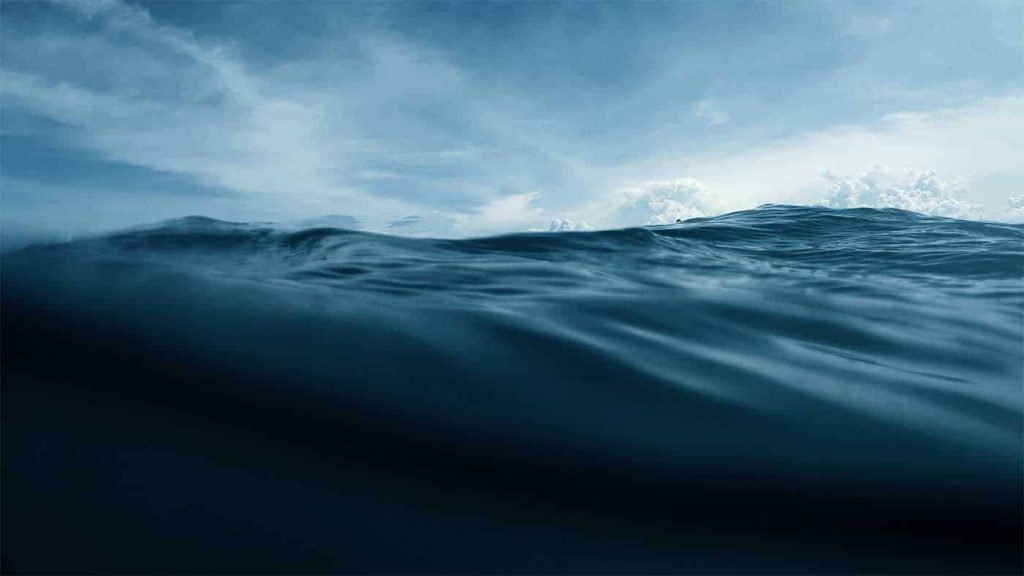FAQ: Impressed current cathodic protection system explained
An Impressed Current Cathodic Protection (ICCP) system is an advanced method used to prevent corrosion in metal structures submerged in water or buried in the ground. Unlike sacrificial anode systems that rely on more reactive metals, ICCP systems use an external DC current source to provide a continuous current to protect the metal surface. This method is very effective for large structures and provides precise control over the protection process.
The impressed current method of cathodic protection offers several advantages:
Longevity: Provides long-term corrosion protection, reducing maintenance and replacement costs.
Efficiency: Delivers a consistent level of protection regardless of the size and complexity of the structure.
Adaptability: Provides precise control of protection flow, allowing changes in environmental conditions and structural requirements to be accommodated.
Coverage: Effective for large-scale applications, such as vessels, Offshore wind foundations, harbor sheet piling and offshore oil and gas platforms, where sacrificial anodes would be impractical.
Impressed Current Systems are widely used in various industries, including:
Shipping: Protecting the hull of vessels, dry-docks, jetties and submarines.
Oil and gas: Securing pipelines, storage tanks and offshore platforms.
Infrastructure: Ensuring the integrity of bridges, tunnels and underground pipelines.
Offshore Renewable Energy: Protecting foundations of offshore wind turbines from corrosion.
Regular maintenance is crucial for the effective operation of ICCP systems. Routine inspections and adjustments ensure that the system delivers the right level of power, preventing both under- and over-protection, which can damage the structure. Maintenance activities include checking power sources, checking anode condition and ensuring overall system functionality. Everything is connected via SCADA and inspections are done from the on-shore control centers. High trained SCADA engineers are employed at CORROSION for supporting asset owners.
ICCP systems often use SCADA (Supervisory Control and Data Acquisition) for control and monitoring. SCADA systems provide real-time data and remote control, allowing operators to continuously monitor system performance and make necessary adjustments. This integration improves the reliability and efficiency of ICCP systems.
Options for structural health monitoring (SHM) are essential for assessing the integrity of protected structures. These options include sensors and diagnostic tools that measure factors such as corrosion rates, structural stress and environmental conditions. Implementing SHM helps in early detection of potential problems, enabling proactive maintenance and extending the life of the structure.
ICCP systems protect vessels by preventing the hull from corroding. Anodes are strategically placed on the hull and connected to a power source, which pushes a protective current onto the metal surface. This current counteracts the natural electrochemical reactions that cause corrosion, protecting the vessel’s integrity and extending its operational life.
For offshore wind foundations, ICCP systems are crucial to protect underwater metal components from the harsh marine environment. Anodes are installed on the foundation and a controlled current is applied to prevent corrosion. This protection ensures the stability and durability of wind turbines, which are essential for the reliability of renewable energy generation.
The installation process of an ICCP system for offshore structures is done by trained Corrosion specialists. In the case of Offshore Wind foundations, ICCP anodes can be mounted in the following ways:
– Boat landing ladder
– Skirt mounting
– Foundation installation
– Internal protection system
The ICCP-SAM installation method is a state-of-the-art solution that offers flexible and efficient protection. This system adapts to the specific requirements of the structure and environment, ensuring optimal performance. The ICCP-SAM can be installed offshore in various configurations, making it suitable for complex structures where traditional methods may be challenging. By reversed installation a replacement of an anodes can be done without a diver.
ICCP systems can be purchased from CORROSION due the inhouse specialist, major track record and reliable partner. CORROSION is a Leading supplier offer comprehensive services, including system design, installation and maintenance support. If you want to buy an ICCP system, it is essential to choose a supplier with experience in the specific requirements of the industry and with active and operating systems.



